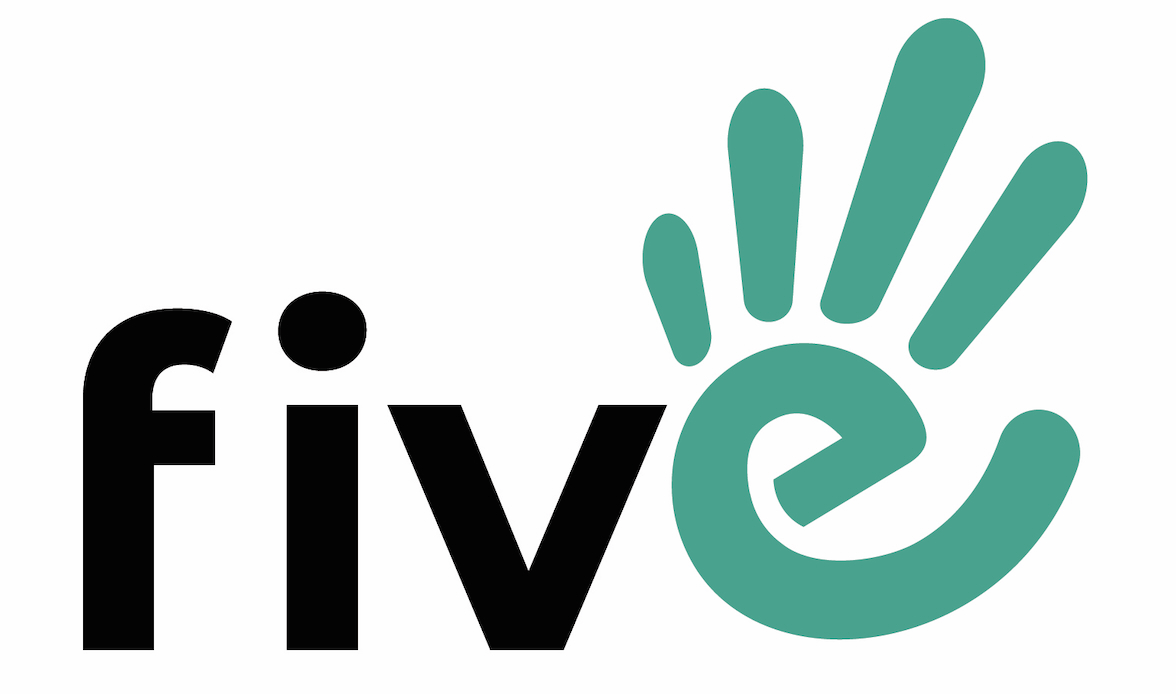

Innovative VET Scalable Micro-Credential Solutions that Engage, Explore, Explain, Elaborate and Evaluate
A Partnership for Innovation - Forward Looking Project
Contractor: ELS
Contact person: Magrethe Lund - magrethe.lund@wemail.no
Background
Micro-credentials are the record of the learning outcomes that a learner has acquired following a small volume of learning. Micro-credentials make it possible for individuals to acquire knowledge, skills and competences in a flexible and targeted way. They can be instrumental in upskilling and reskilling of learners, including disadvantaged and vulnerable groups, so that they can adapt to a fast-changing labour market. Micro-credentials do not replace, however, traditional qualifications. They consist of three building blocks:
- A common definition for micro-credentials,
- Standard elements for consistent description of micro- credentials, and
- Principles for design, issuance and use of micro-credentials.
Five is a European pilot approach to a proposal for the application and the use of micro-credentials to provide tailor made VET, including applying new VET itineraries, into the labour market.
Summary
FivE will identify, develop, test and pilot an innovative, cross sectorial VET scalable transnational platform applying Competence Units (CUs) leading to Micro-Credentials (MCs), emphasizing a systematic change of the modernization and digitalization of work-based learning practices and the green transition.
Students from production industries will apply a bottom-up approach for their VET career, testing out and studying independent CUs, one by one. When they find it interesting and succeed, they will keep on studying additional CUs leading to a MCs, afterwards combining them into full courses leading to a national qualification, or a recognized European Diploma according to the European Welding Federation.
A bottom-up approach will be applied to establish national Skills Foresight Forums. They will engage industry and VET providers to give direct input on developing, guiding and providing the protocol principles to consider when designing, standardizing and issuing CUs leading to high-quality MCs.
Collaboration between VET providers will be supported by a ‘Shared Framework of Learning Outcomes’ (SFLOs) underpinned by an industry led Common Competence Framework, to inform the collaborative development of learning resources, assessment processes and pedagogy. The SFLOs will ease the recognition of qualification equivalencies, assisted by ECVET and the European Skills Agenda. It is supporting learner mobility and shared delivery by VET specialists and industry experts, contributing to a unitized and modernized VET delivery system, where CUs and MCs will be designed, shared, and maintained nationally and transnationally within Europe.
New work-based learning pedagogies, digital learning resources and tools allows each country to create a ‘blend’ of work-based and alternative methods of VET delivery of CUs and MCs, to suit its own priorities, resources, national VET systems and stage of EQF development, ensuring complementarity with proximate ongoing initiatives.
